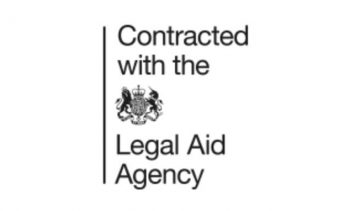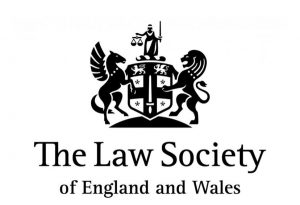As a tenant, you can only be evicted in specific circumstances. Your landlord, therefore, has to ensure that the correct legal procedures are followed before you can be evicted from your home.
At this point, your landlord can simply talk to you about the situation and this may help resolve your issues and prevent the unnecessary animosity between you and your landlord.
Your landlord has to give a reason why you the tenant should be evicted; these may include showing that the tenancy agreement has ended, there is unpaid rent or that your behaviour as a tenant is unacceptable.
If it is an assured shorthold tenancy, the landlord must give one month, two months or 14 days notice depending on the reason for the eviction.
When it comes to rent arrears, the landlord must still follow legal procedures before eviction: the first part being issuing an eviction notice and claim for possession.
What is a tenant eviction notice?
Two types of an eviction notice can be used by your landlord: a Section 21 notice and a section 8 notice.
A Section 21 notice should be served if the landlord wants his or her property back after their fixed-term agreement ends or if they have a period tenancy (with no fixed end date).
A Section 8 notice should be served if you the tenant has broken the terms of their agreement and your landlord now wants back the property as a result of the breach.
After issuing the notice seeking possession and claim for possession, what often happens is that if there are any legal errors in the eviction notice or notification process you may have a defence to the claim.
Get in touch
If you would like to make an enquiry, you can either call us on 02034173859 or submit an enquiry form here.


